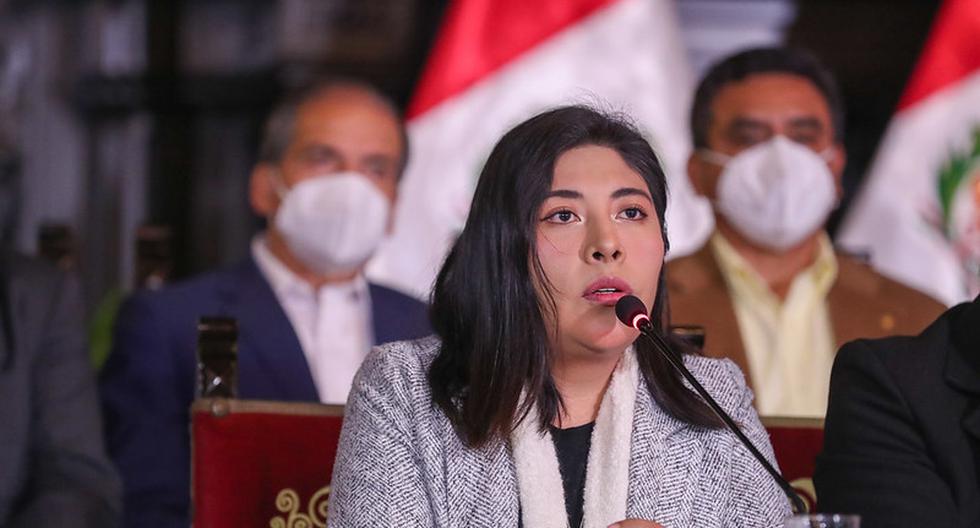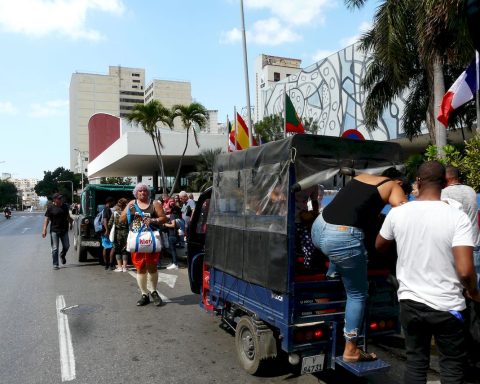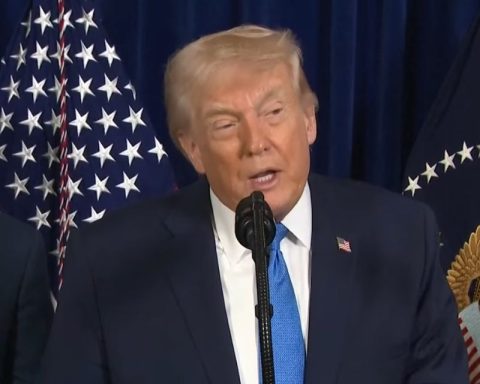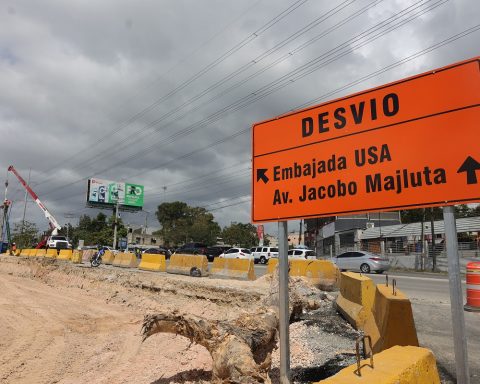The Minister of Culture, Betssy Chavezspoke about the meeting between President Pedro Castillo and the President of Congress, José Williams (Avanza País) and considered that the Government hopes that both powers of the State work together.
Speaking to journalists, he indicated that it is essential to establish a “country agenda” and emphasized that you cannot be in a “constant discussion”well that “doesn’t do you any good” to Peru.
“What we hope is to be able to work together. I think that establishing a country agenda at this time is fundamental. You can’t always be in a high tone, you can’t be in a constant discussion, that’s not good for the country “he expressed.
“There should be a framework that has not been generated by Parliament. However, it is true that Parliament has political control. It is a complex issue, I am very respectful of decisions”he added.
In this sense, for the head of the Mincul it is important to call the Legislative and Executive Powers to consensus. “We cannot be arguing forever, that is not good for the country”narrowed down
“We have had five previous years in which we have had a dissolution of Congress, a vacancy, a President of the Republic who decided to resign due to very strong pressure and I think that this type of situation generates a lot of instability”sentenced.
As recalled, the President of the Council of Ministers, Hannibal Torresassured that the dialogue with Joseph Williams and the rest of the Board of Directors of the Congress was cordial, serene and an opportunity for the Government to put forward proposals to overcome political instability.
“During the meeting, the President of the Republic presented to the President of Congress a document called Consensus for Peru, where central axes are proposed to resolve the country’s instability”he pointed out at a press conference after the meeting in which Pedro Castillo, six ministers and the Parliament’s Board of Directors participated.
The Prime Minister thus alluded to the document that the Executive sent to Joseph Williams, where they are indicated as axes: political stability and constitutional reform; fight against citizen insecurity; economic reactivation; fight fuel spike; fight against corruption; mitigation of interests in credits; and foreign policy.
RECOMMENDED VIDEO
:quality(75)/cdn.jwplayer.com/v2/media/7bBMmhyY/poster.jpg)


















